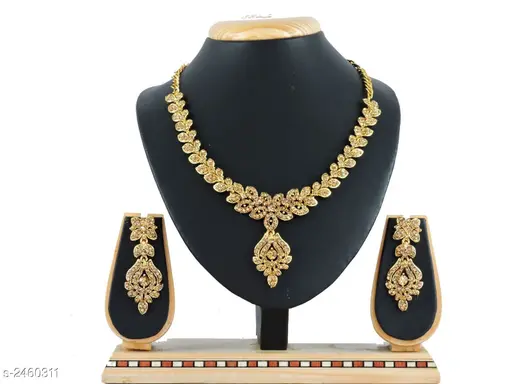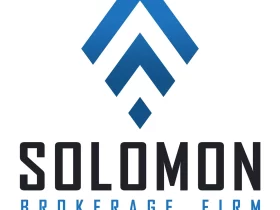
Jewelery companies in Iraq
Jewelry in Iraq carries a deep cultural significance, as it has for centuries, with designs often reflecting ancient Mesopotamian, Islamic, and Ottoman influences. Iraqi jewelry companies offer a range of items that embody this heritage, blending traditional craftsmanship with contemporary styles to appeal to both local and international buyers. While some Iraqi jewelers focus on classic styles, others innovate, using modern techniques to create unique, elegant pieces.
Major Players in the Iraqi Jewelry Market
In Iraq, the jewelry market is driven by both small, family-owned workshops and larger retail establishments. Companies like Al-Mansour Jewelry in Baghdad, for instance, offer a mix of gold and silver items adorned with intricate patterns inspired by Islamic art. They cater to clients who appreciate heritage pieces, and their work often features elaborate filigree or engraving techniques. Likewise, Al-Fahd Jewelry is renowned for its attention to detail, especially in crafting gold pieces that appeal to traditional tastes.
Several jewelry brands in Iraq specialize in the design and sale of 21K and 24K gold jewelry, which are particularly popular among Iraqi women and seen as valuable investments. Companies such as Al-Kadhimi Jewelry provide high-quality gold items that combine ancient techniques with modern sensibilities. Their designs include traditional wedding pieces, bracelets, and necklaces that are frequently sought after for special occasions.
Zar Jewelry, another significant player in the Iraqi market, takes a different approach by offering a blend of Western and Eastern aesthetics. They work with various gemstones and metals, expanding the appeal of their products beyond Iraq to international customers. By doing so, Zar Jewelry contributes to a broader appreciation for Iraqi craftsmanship.
Role of Small Jewelry Workshops
In addition to these established brands, small jewelry workshops play a crucial role in the Iraqi market. Many are family-owned businesses that have been handed down through generations, allowing artisans to preserve time-honored techniques. These workshops often collaborate with larger brands or directly serve customers looking for bespoke designs, especially in cities like Baghdad, Najaf, and Karbala. They focus on traditional techniques like casting, engraving, and embossing, which are skills highly regarded within Iraq and the surrounding region.
Challenges and Growth Potential
Despite their rich craftsmanship, Iraqi jewelry companies face various challenges, including political instability, economic hardship, and difficulties in sourcing raw materials. Due to these issues, some jewelers have limited options for expanding their operations or exporting their products. Furthermore, the recent fluctuations in global gold prices have impacted local demand, as gold is both a popular and a costly material for Iraqi jewelry.
However, there is potential for growth in Iraq’s jewelry sector, driven by increased interest from the diaspora and international collectors. Many Iraqis living abroad seek pieces that remind them of home, and online platforms now enable local jewelry makers to reach these global audiences. Additionally, there’s a growing trend in Iraq of younger consumers favoring unique, handcrafted items that reflect their heritage but also suit modern tastes. Some companies are now focusing on custom orders and online marketing, which helps mitigate the limitations of a physical retail presence.
Jewelry and Cultural Heritage
Iraqi jewelry is more than a symbol of wealth or fashion; it is a reflection of identity and heritage. Jewelers in Iraq often incorporate symbols and motifs that hold cultural significance, like the crescent moon, stars, or ancient Mesopotamian imagery. This connection to heritage makes Iraqi jewelry a sought-after item not only among locals but also collectors interested in Middle Eastern art.
Conclusion
Jewelry companies in Iraq play a critical role in preserving and evolving an art form rooted in the country’s history. While political and economic challenges persist, many Iraqi jewelers continue to produce beautiful, culturally meaningful pieces that attract both local and international customers. With a blend of traditional techniques and modern strategies, Iraq’s jewelry sector holds promise for growth, offering a unique window into the country’s rich artistic heritage.



Leave a Reply